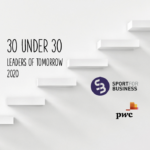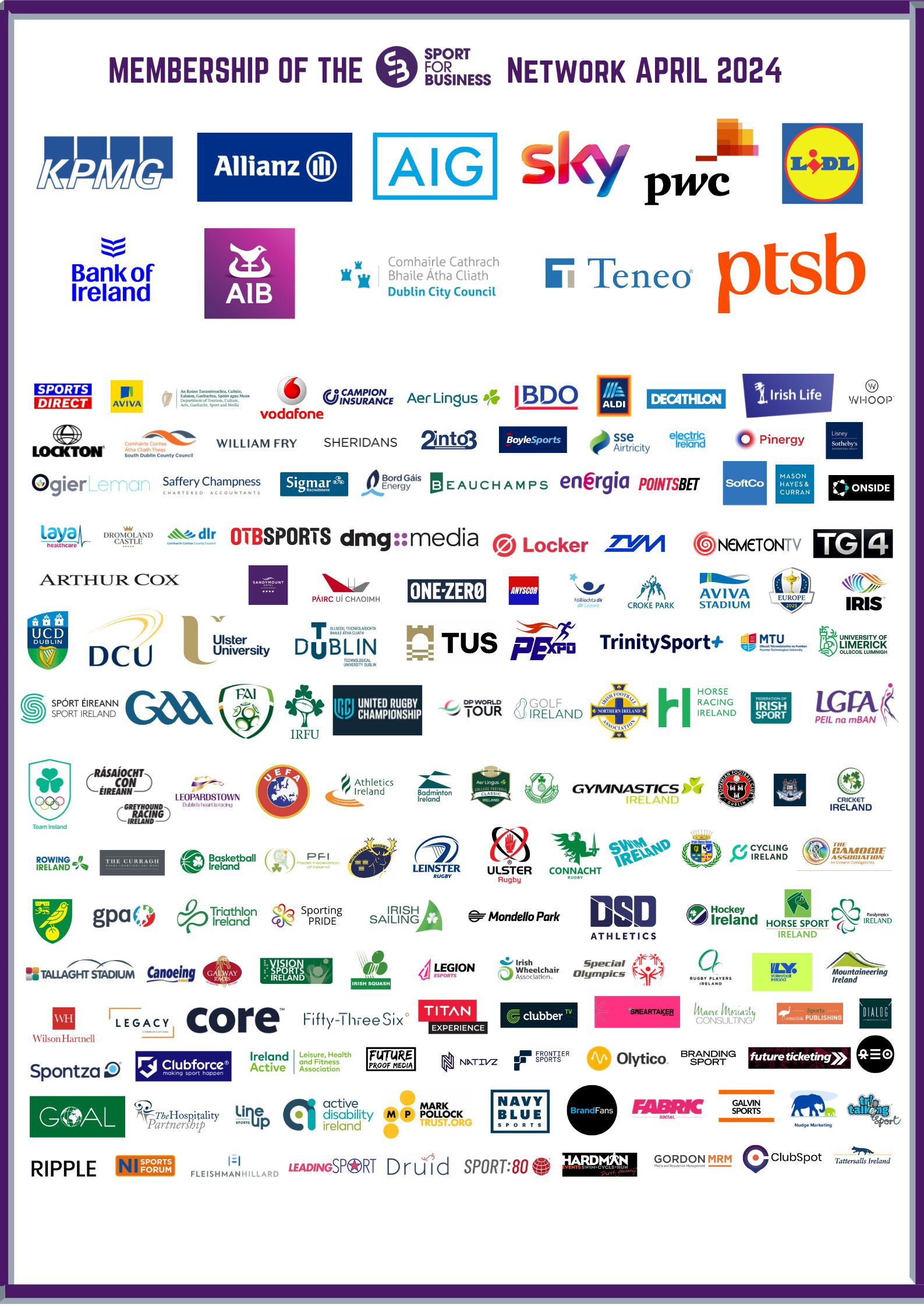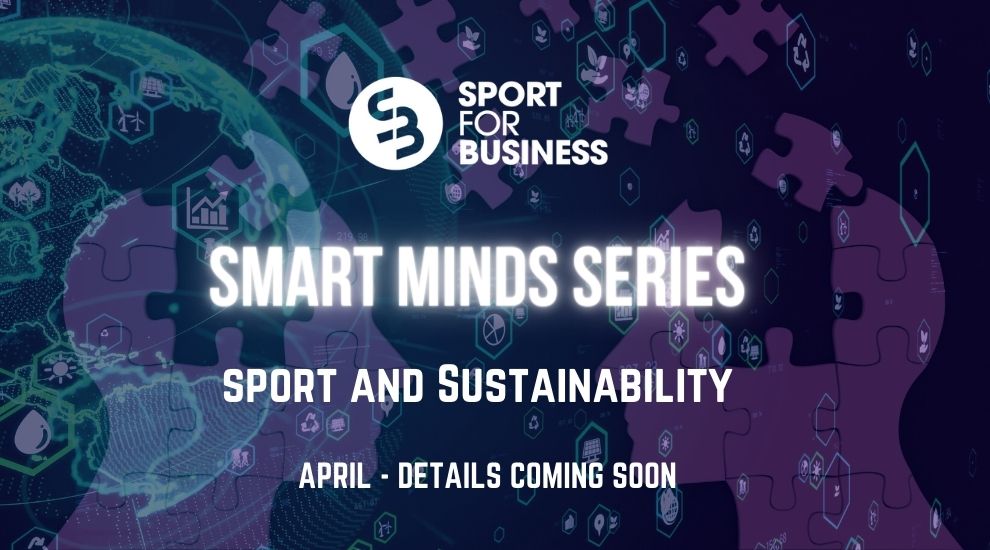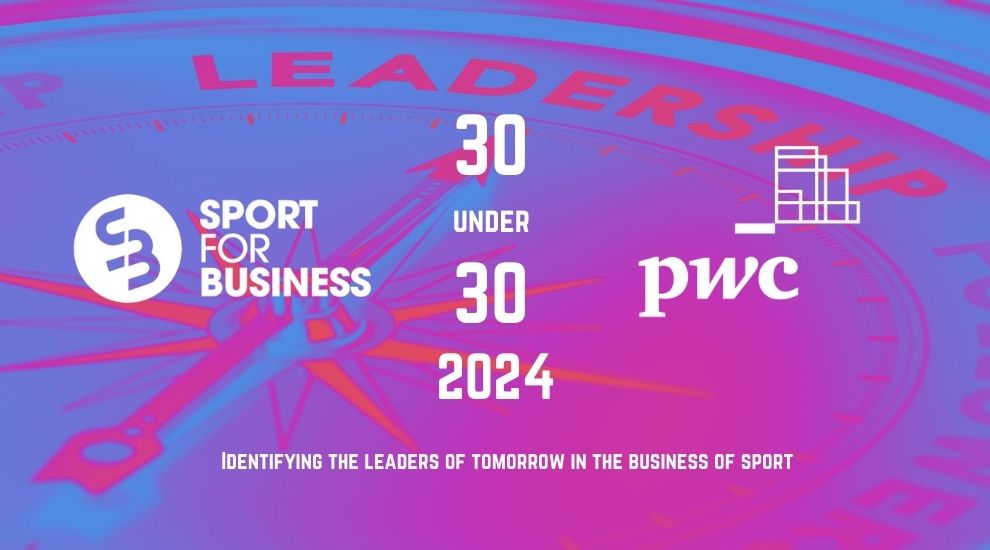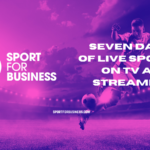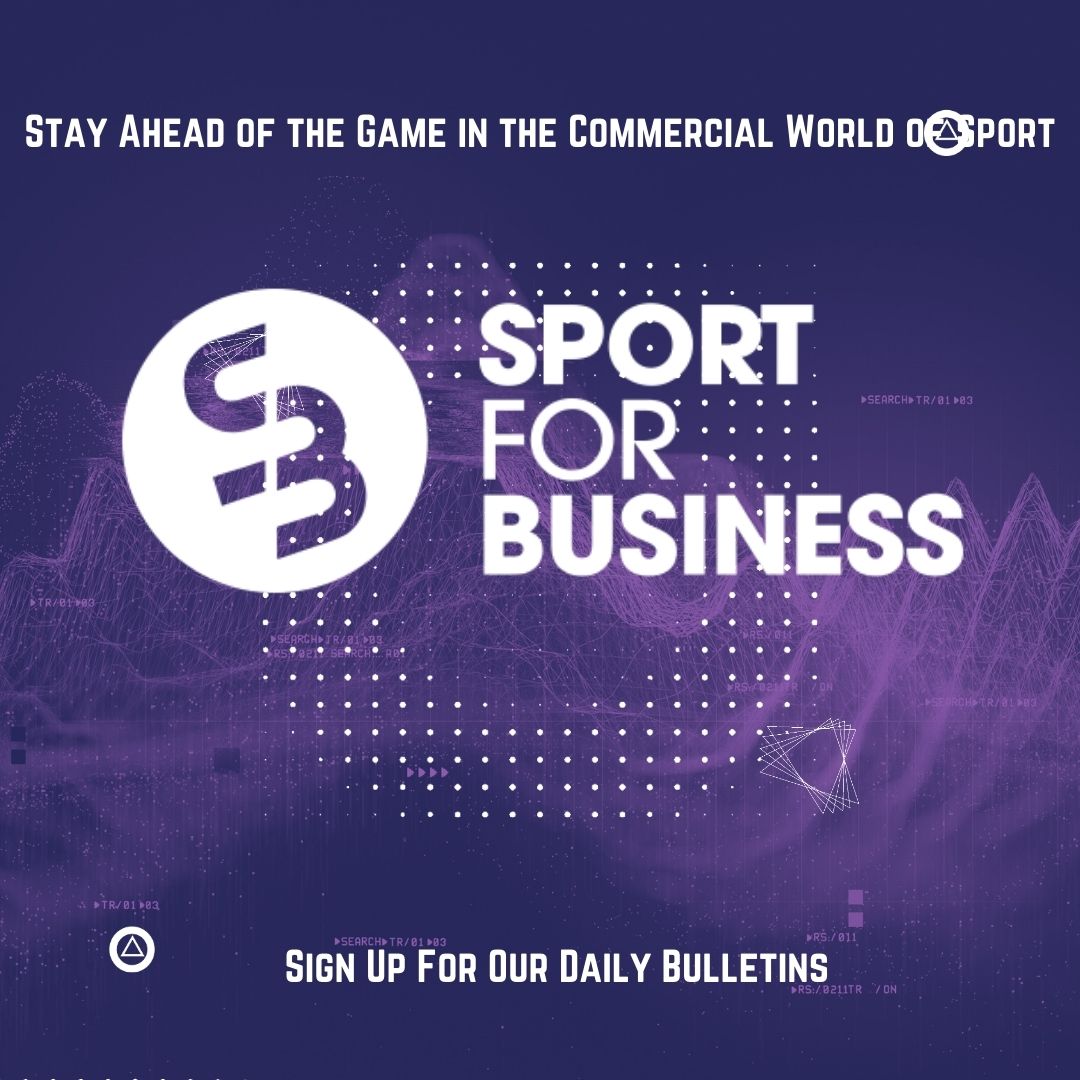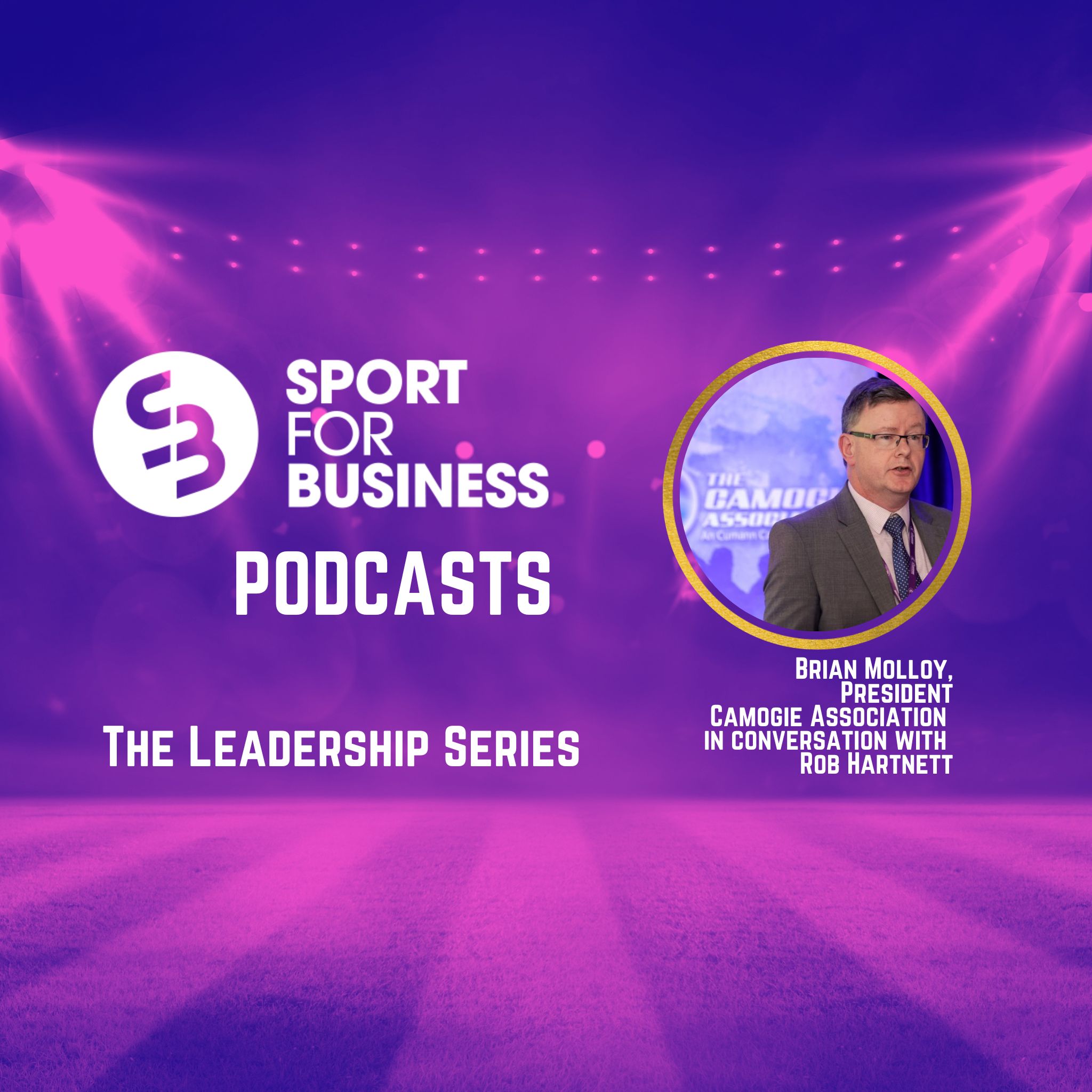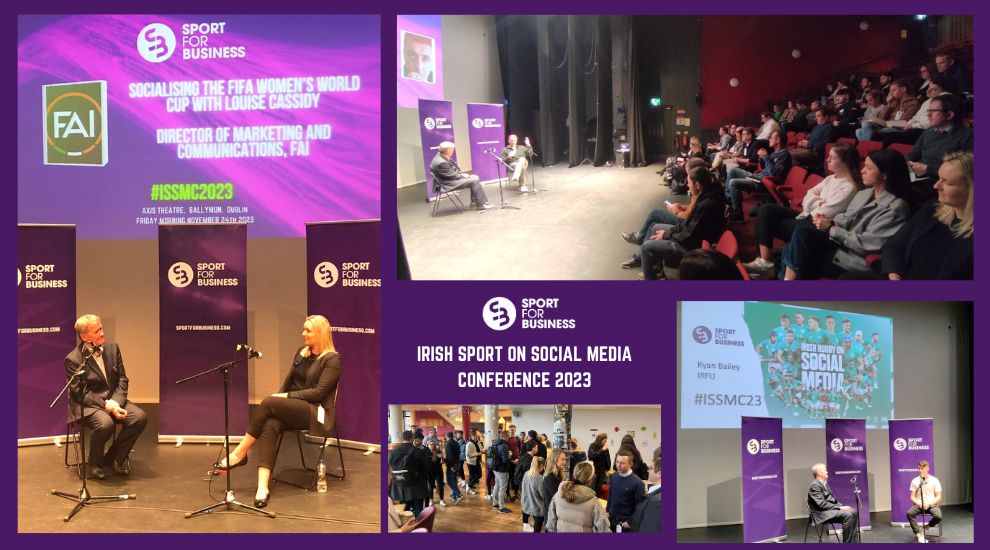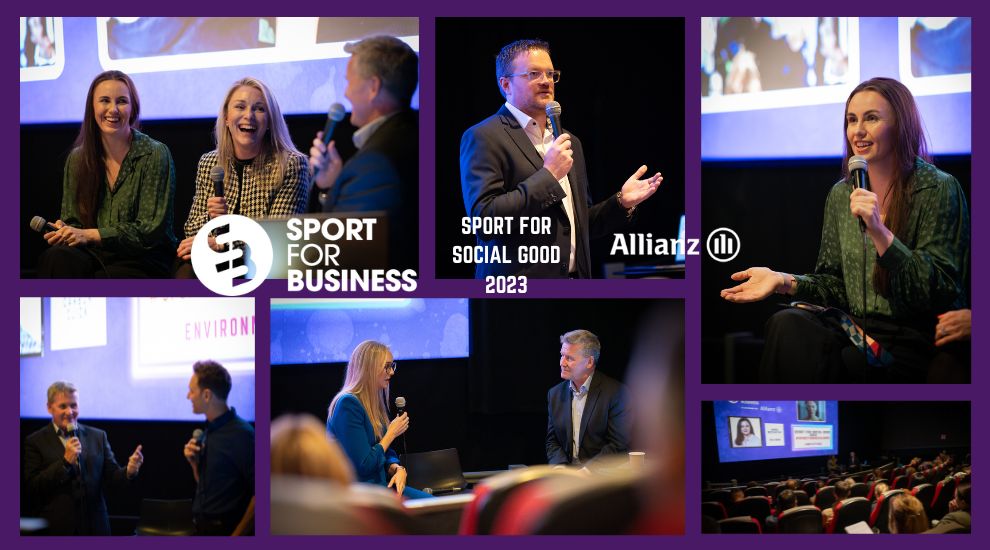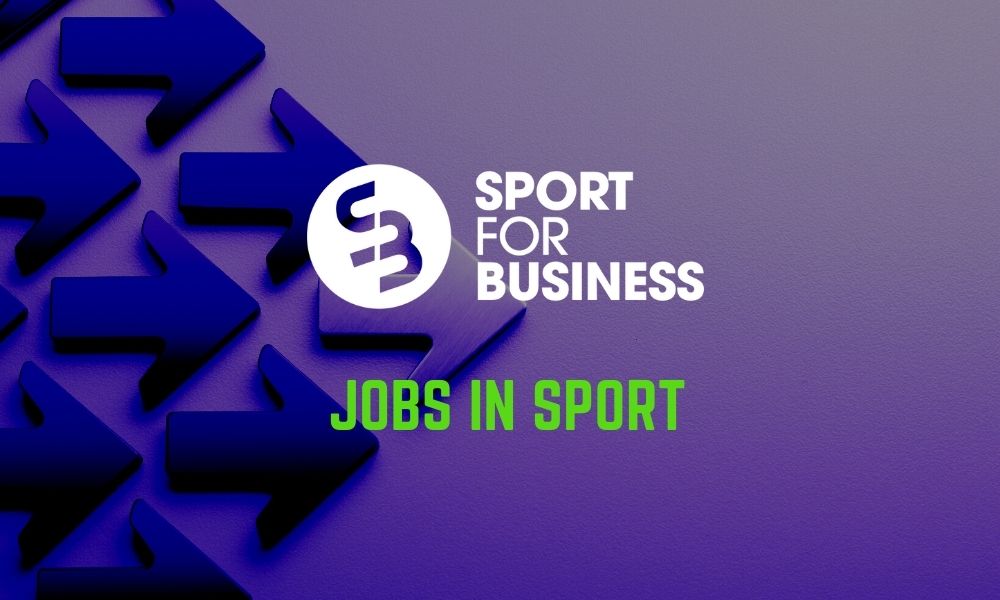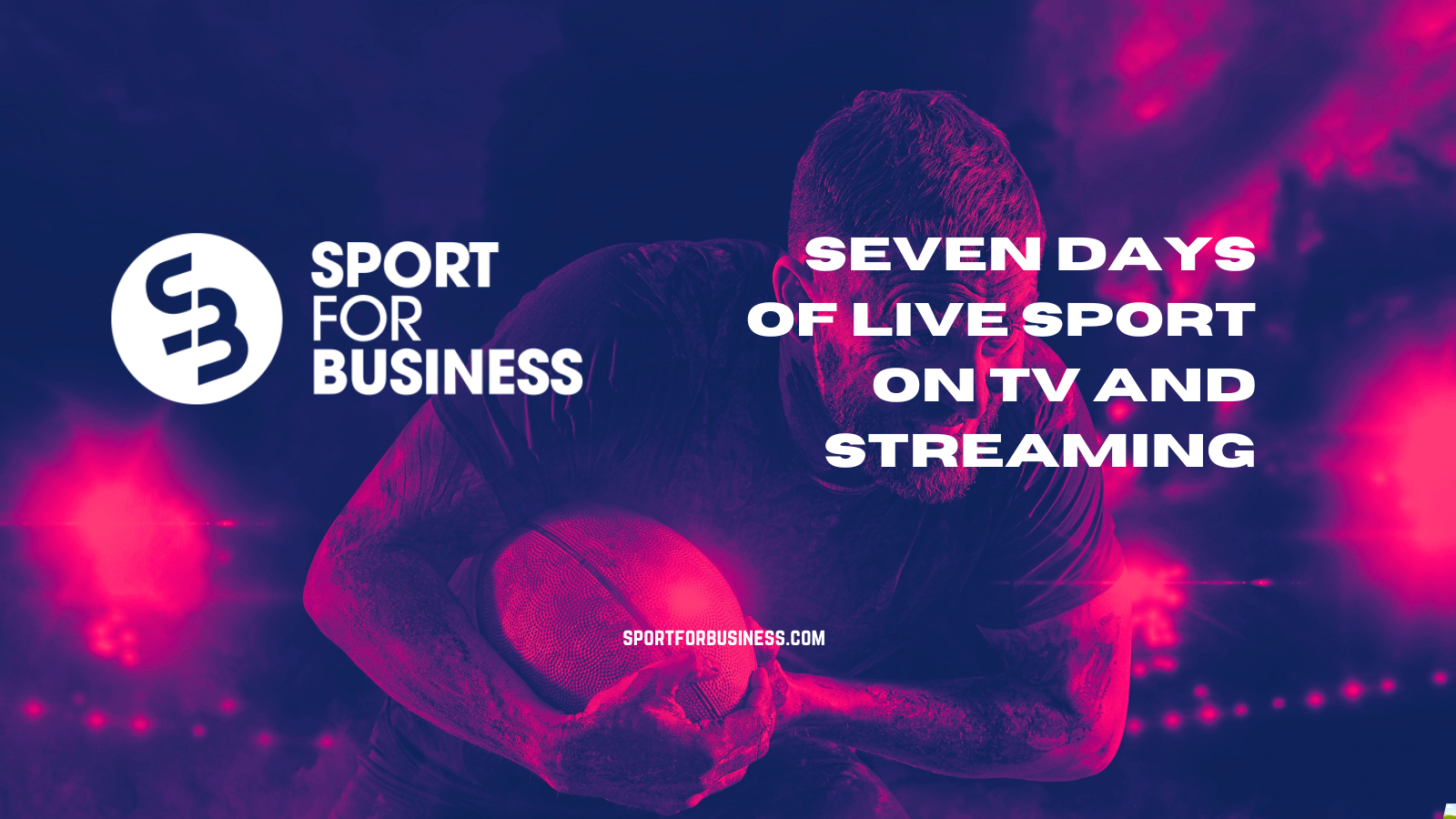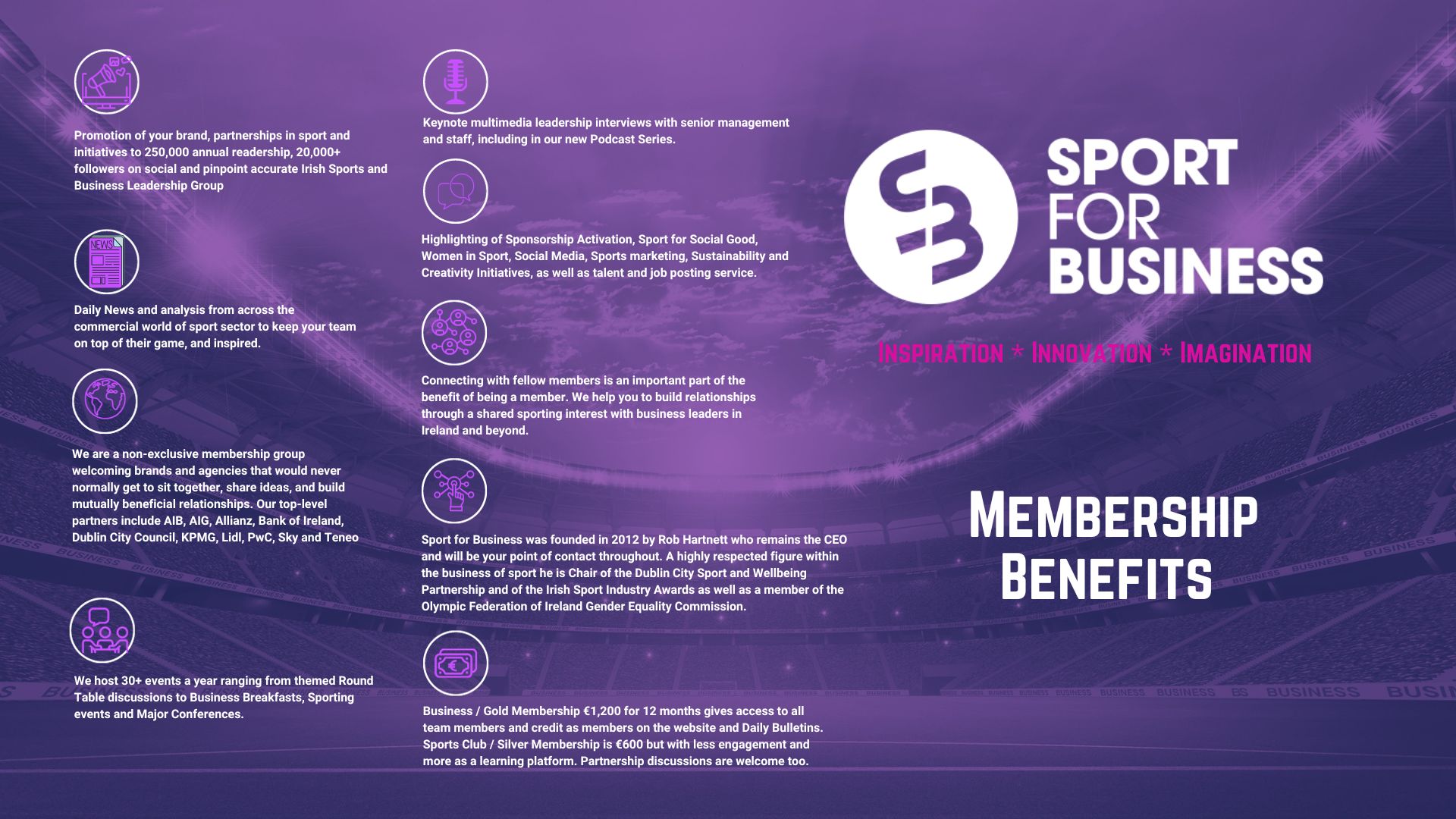
A regular speaker at conferences around the world he delivered a very strong presentation to our Sport for Business Round Table on eSports in 2019.
We sat down virtually with Jonny over the weekend to talk about how sport is adapting in the current crisis.
SfB: Jonny, You are looking at things from a global perspective, where is sport in the overall context of what we are going through at the moment?
JM: The spread of the virus has led to a host of unprecedented postponements and cancellations across the world of sport. Elite football in the UK and Ireland has been suspended and the postponement of Euro 2020 was inevitable.
A huge number of international competitions across traditional sport have been affected, including the London Marathon, the Six Nations, Premiership Rugby, the UEFA Champions League and Europa League, England’s Test cricket series in Sri Lanka, as well as major global events in tennis, golf, Formula 1, Formula E and cycling.
The responses at the top layers of elite international sport have in most cases trickled down to the lower levels of domestic and grassroots competition too. There have been numerous examples of squad wide quarantines and self-isolation off the back of individual players and staff testing positive in various sports.
SfB: Has there been as much of an impact across eSports?
JM: The esports industry has definitely been affected. Many tournament organisers have cancelled, postponed or adjusted events.
Most notably the League of Legends European Championship has suspended its spring season indefinitely and major international events have been cancelled across CS: GO, Overwatch, Dota 2, Call of Duty and FIFA to name but a few.
SfB: How do you imagine the changed environment will impact on players?
JM: The uncertainty around whether the 2019/20 domestic season will be able to be completed creates a myriad of issues for athletes in the context of their contracts with their club or employer.
If the current domestic football or rugby season continues on into the summer and beyond, there will be question marks surrounding players whose contracts come to an end on 30 June 2020.
Whilst there is an onus on clubs to take proactive steps to engage with players and agents who fall into that category, and indeed consider their strategy for registering new players for the remainder of this potentially extended season, players themselves, and their agents, will be proactively planning for the various possibilities.
There is no doubt that clubs across numerous sports will face significant financial pressures due to the loss of matchday revenue.
Whilst players will continue to be entitled to their wages, clearly performance-related bonuses will be affected.
In the football context, there will inevitably be players and agents assessing their options for potential moves to new clubs during the summer 2020 transfer window. The position remains that the window will close in the UK on 1 September 2020.
Whether this is likely to change or not given the possibility of an ‘extended’ season, is obviously far from clear, and any changes will need to be communicated in advance by the relevant league body.
Athletes should carefully review the terms of their existing player contracts or participation agreements and seek clarity from their employers as to possible scenarios. The same should be said for individual athletes in sports such as tennis or golf, who as independent contractors face the prospect of losing out on significant revenue due to not being able to play for prize money.
SfB: What are some of the legal issues which, while not to the fore at the moment, will need to be considered?
JM: From a legal perspective, in many cases contracts will include “force majeure” clauses, which state that the parties are effectively released from performing their obligations if a specified event outside of the control of a party takes place.
The way in which this clause is drafted and specifically how a “force majeure” event is defined, is key. As an example, you’d need to look at whether a “pandemic” is expressly stated as being a “force majeure” event.
There will be many different elements that go into framing what the respective rights and obligations of different groups are and how they will react.
The sensible approach to take is to proactively try to find solutions by working collaboratively with brand partners.
If an individual player or team is being engaged by a brand to deliver services as part of a digital campaign related to a specific event, it would seem sensible to vary the contract to allow for the rescheduling or amendment of the services.
Likewise, if being quarantined or having to self-isolate, or being restricted from travelling, prevents you from delivering the services as part of the campaign or partnership, exploring creative ways of finding solutions makes sense.
SfB: How much freedom of choice to operate in their own way, beyond that of a governing body, do athletes ar teams have?
JM: I think everyone is concerned mainly with the public good for now and that is as it should be.
We all need to listen to and stay abreast of official guidance from Governments and Health bodies like the WHO.
The relevant national governing bodies are making calls and showing leadership that needs to be followed.
Organisations have duties of care towards their athletes and part of that duty relates to an individual’s health and wellbeing, as well as the overall public good.
SfB: Do you think there is the potential for grievances to fracture relationships once the immediate danger and disruption have passed, whenever that might be?
JM: Whilst legal disputes are in some cases inevitable, you’d have to hope that there will be ways of finding sensible and reasonable solutions when dealing with employers, regulators and brand partners.
Taking a transparent and collaborative approach will be the way to make sure that everyone is treated in the fairest manner.
This Week’s Sport for Business Interviews will be with John Gillick of AIG on the impact for sponsors, with one of our athletes on how she has been impacted, with a leading sports psychologist on the ways in which athletes and all of us can cope and with one of our leading agencies on how their world has been impacted. We are exploring ways of carrying these in words as we have done so far but also as live interviews where we can all get more involved…
Read more: Get Involved with our Special Interest Groups
Read More: Leadership Interview with Mary O’Connor
Read More: Leadership interview with Ciaran Medlar



Image credit: One Zero / Sport for Business





